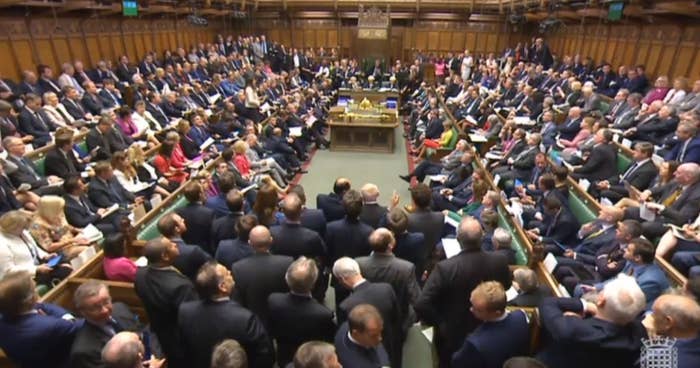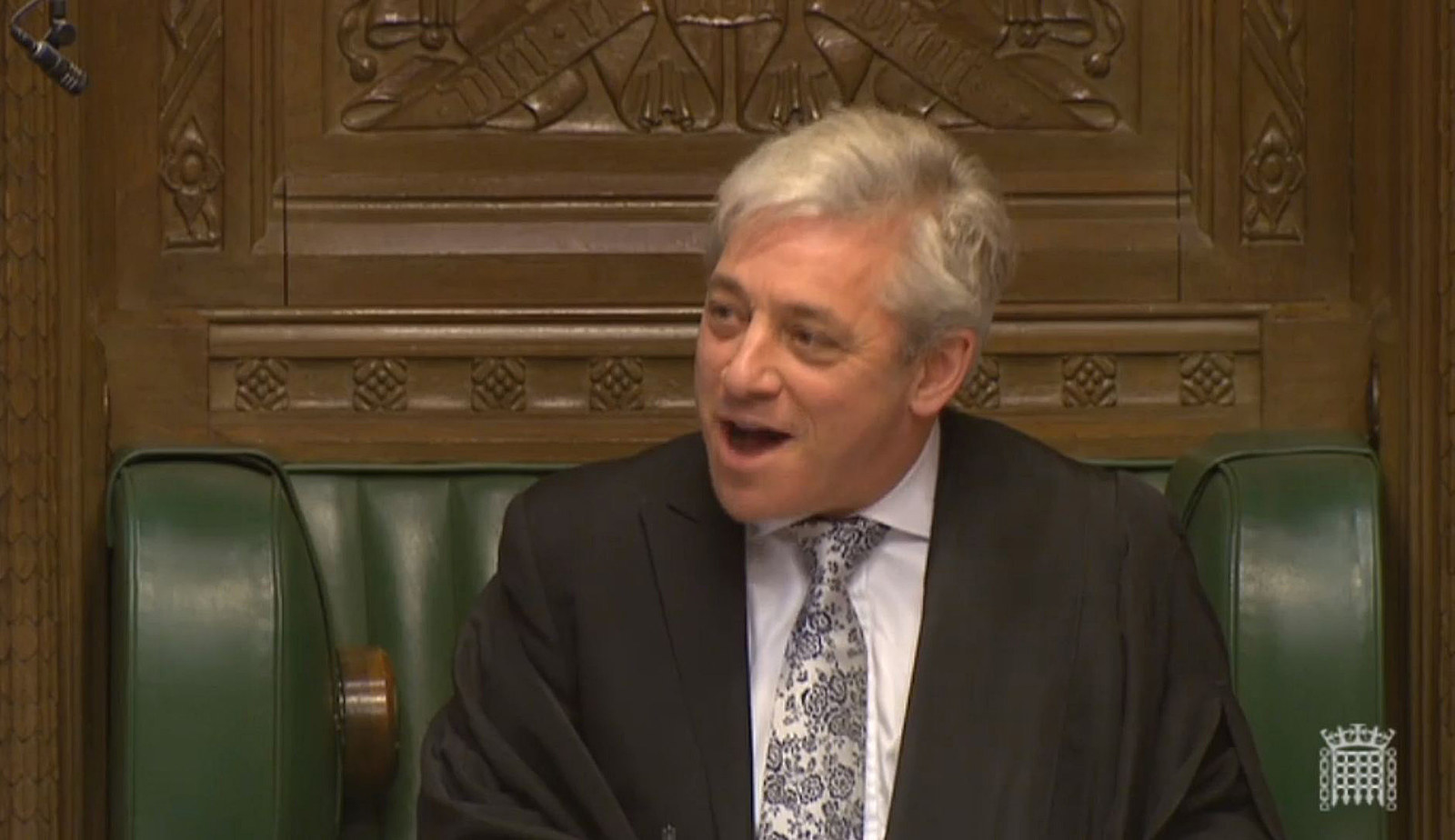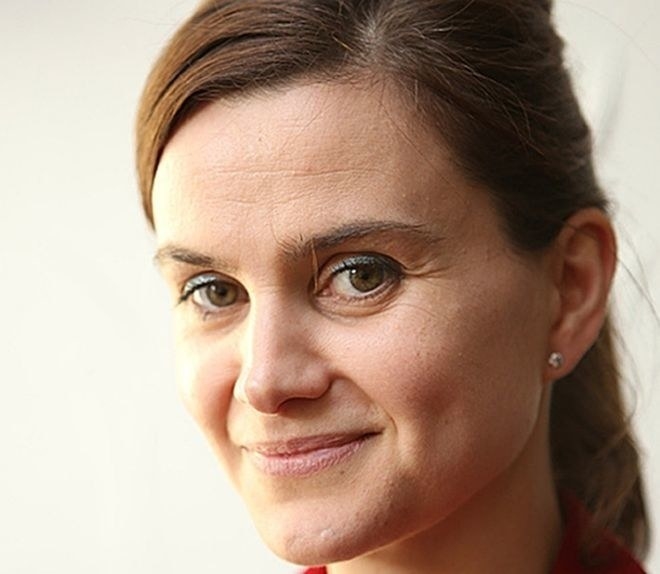
Babies should be allowed in the House of Commons chamber to send a powerful message about family-friendly workplaces, a report has recommended.
The independent review, which aims to make the Commons more representative of the people it serves, also said breastfeeding should be allowed near the chamber and across the parliamentary estate.
It said permitting babies into the chamber would have "symbolic benefits" by "showcasing the Commons as a role-model parent-friendly institution".
The report by Sarah Childs, a politics professor at Bristol University, is now being considered by a special committee of MPs chaired by the Speaker, John Bercow.
This traffic light colour-coded table underlines "just how far the House of Commons has to travel", the review said.

The Commons is marked down for its low proportion of women and black and minority ethnic MPs, late sitting hours, poor levels of maternity and parental leave and "masculinised" chamber culture – particularly the "willy-jousting" that is Prime Minister's Questions.
The recent creation of the women and equalities committee is the only measure that's marked green for good.
Breastfeeding was officially banned in the Commons chamber in 2000 by then Speaker Betty Boothroyd, who said MPs were prohibited from eating and drinking and that the same rule applied to babies.
But the Childs report urged MPs to look again at the rules. It said that as a minimum, babies should be allowed into the Commons chamber with their parents. "This move would enable all members to fully participate in House business," it said.
"Members may well sit in the chamber and in committees for a number of hours either listening to a debate or waiting to speak."
The report added: "The provision of proper facilities for infant feeding near the chamber and across the parliamentary estate should also be made."

MPs clashed over the issue of breastfeeding in a Westminster Hall debate last November. Tory MP Sir Simon Burns said: "We have to be careful that, in pushing for a more realistic approach, we do not give the tabloid press the opportunity to ridicule us.
"There is an appropriate time and place for breastfeeding. I am simply offering a word of caution – we do not want this issue to degenerate and the merits of the case to be undermined because we are ridiculed for what is proposed."
But a number of women MPs disagreed with him. Labour's Jo Cox, a mother of two who was tragically killed last month, said: "I think we can be flexible about breastfeeding. I breastfed on demand for four years, probably, and it is doable.
"It is possible to be discreet about it, there is no need to be overt. Lots of places of work offer that opportunity. We should take on the popular press if it is critical and say, 'This is what women do, get over it.' It is good for children, so we should advocate it."

Overall, the report makes 43 recommendations to boost the diversity of the House of Commons. Here are some of them:
– All political parties should try and increase the percentage of its women MPs at the 2020 general election.
– The parliamentary press gallery, which is currently about 75% men, should be more representative. Neither women nor men should have less than 40% of lobby passes by 2020.
– MPs should consider providing a creche in parliament for short-term childcare, in addition to the nursery that is already on site.
– Select committee witness panels of at least three people must be gender-diverse by 2020.
– At least 40% of select committee chairs should be women by 2024 – if not, then quotas should be introduced.
– Male MPs should no longer be forced to wear jackets and ties in the chamber – instead the dress code should be revised to "business dress" or "national costume".
– The autumn party conference recess should be abolished so that sitting Fridays throughout the year can also be axed – this would free up a weekday to reduce weekend work commitments and help MPs with family life.
– More portraits of women should be hung in parliament and the Commons should abandon the rule that an MP has to be dead for 10 years before their painting can be displayed.
– Unisex and gender-neutral toilets should be provided across parliament for the benefit of transgender people, fathers with daughters, and mothers with sons.
Bercow said: "Not everyone will agree with every recommendation or suggested outcome, which is a condition of an independent report, but I am confident that my colleagues on the Commons Reference Group will scrutinise its contents very closely with a view to taking on board a good number of its suggestions."
